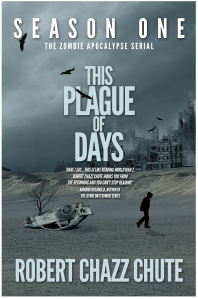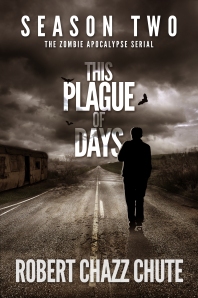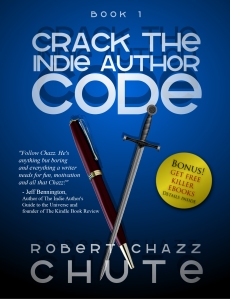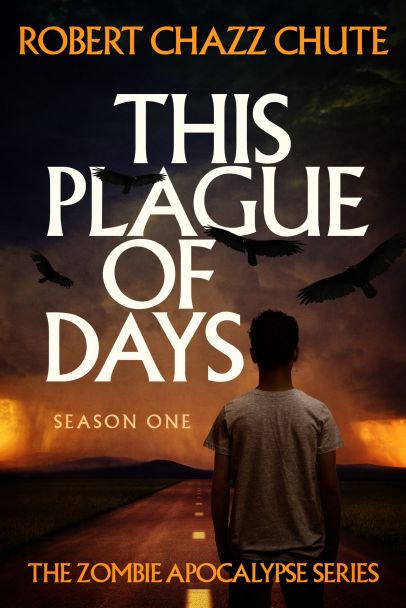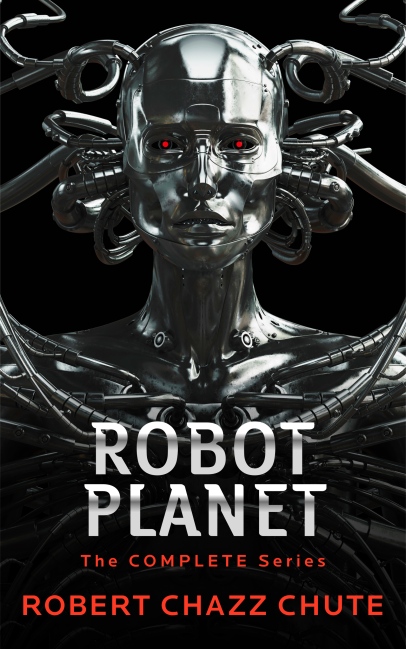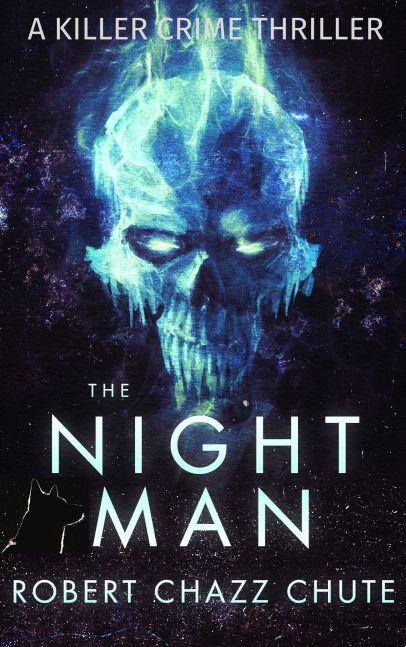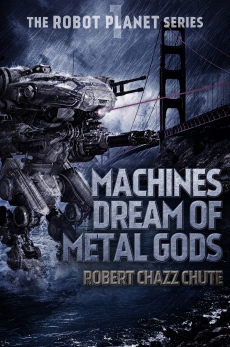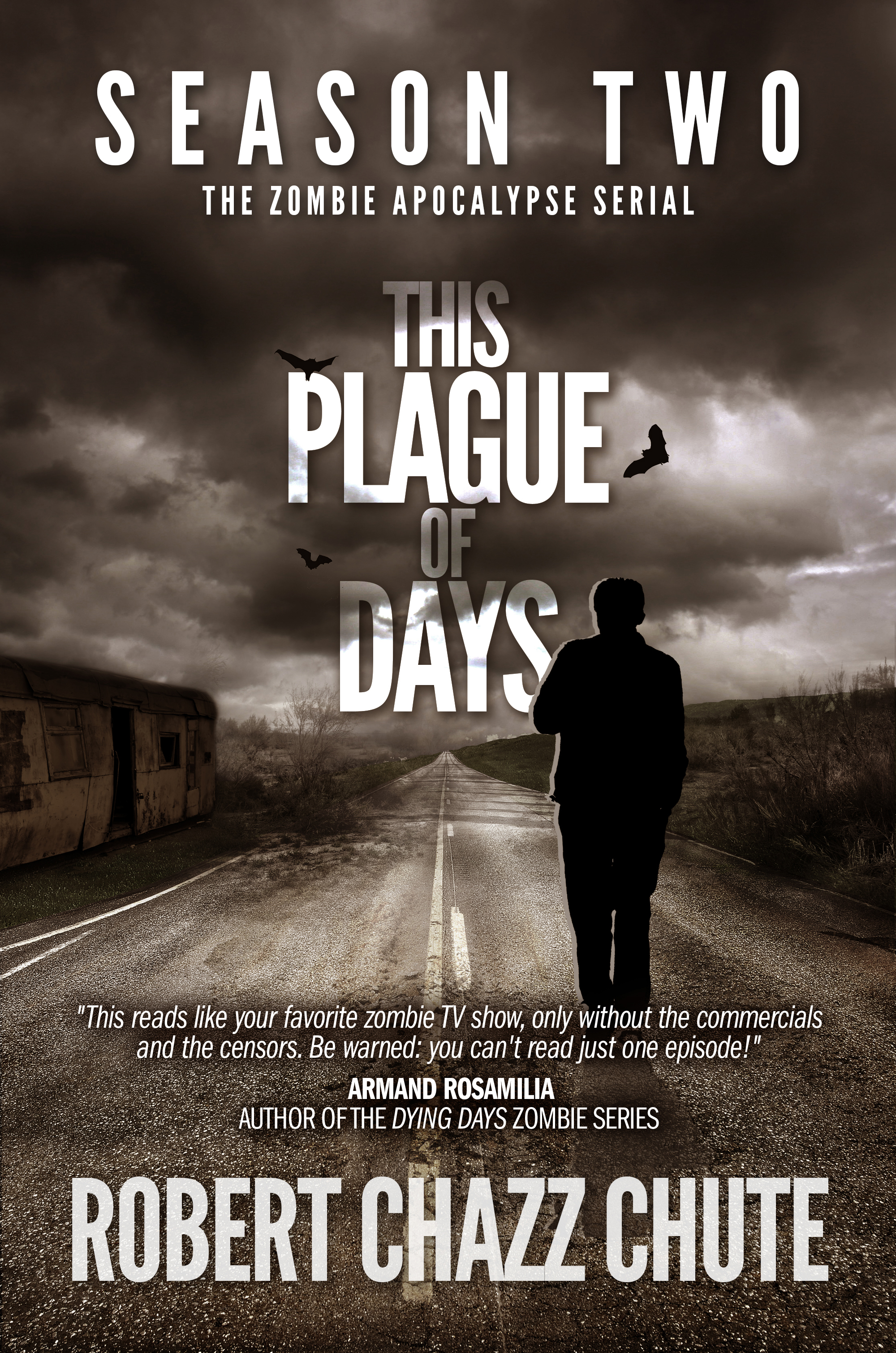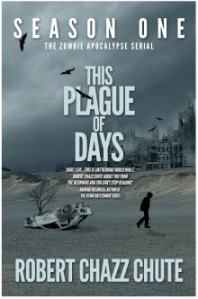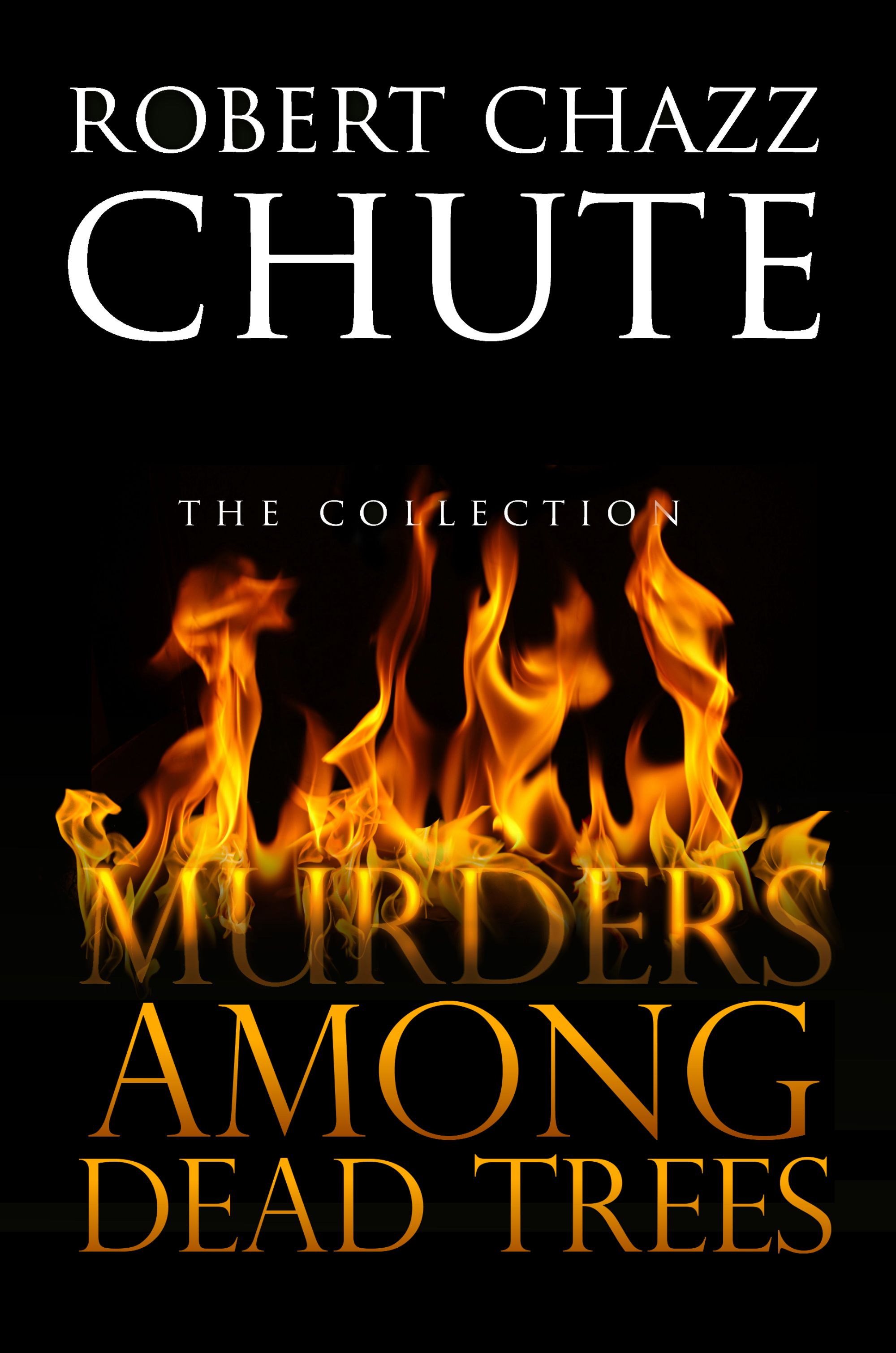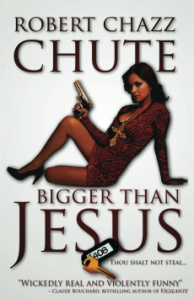Many writers have faced the problem I’m up against. I don’t write in only one genre and it’s been a while since I did something new for the Hit Man Series. How can I breathe new life into the series and get that readership back? How do I find new readers? When you don’t publish in a single genre for a while, it’s too easy to become forgotten. Whatever happened to what’s-his-name?
Here’s the part of my strategy built around publishing new books. (There’s more to it, but this was a good start, I think.)

This week I released three books. I hadn’t worked on Hit Man for years. I was too busy writing other books. When readers think of me (if they do), it’s probably for This Plague of Days or another of my apocalyptic epics. Noir fun is also my jam and I missed playing in the Hit Man sandbox. So, here’s my strategy to get more eyes on my prize:
Step 1. Write a new novel in the Hit Man Series that can be read as a standalone.
Resurrection, A Hit Man Thriller, loops back to the beginning of the series with Jesus Diaz’s ex-girlfriend, Lily Vasquez. The events of books two and three have happened and Lily is still alive. Maybe not for much longer, though. She’s being chased by the mob. Too bad for them, she’s scary deadly. However, when you’re going up against an army of bad guys, it helps to have Jesus on your side. He’ll do anything to protect her. She’ll do anything to stay alive and free.
Fun stuff, right? Here’s the killer cover:

Step 2: A Bulk Binge
I do a lot of research for my science fiction novels. However, crime thrillers come much easier (as a result of my terrible childhood). I enjoy writing tales of vengeance, violence, and redemption. I don’t do police procedurals because, frankly, bad versus evil interests me much more than good versus evil. I share Jesus Diaz’s dark sense of humor so the writing and revising fly along at supersonic speed.
That’s grand, but how could I get readers back into the flow of a series I haven’t boosted with a new book after so long? A rerelease. The box set is Bigger Than Jesus, Higher Than Jesus, and Hollywood Jesus set at 99 cents for a limited time.
I also added a healthy dose of a sneak peek of Resurrection at the back. Besides providing the usual links to all my books, I put in a page dedicated just to my crime fiction, complete with descriptions. These are crime thriller readers so I put special emphasis on Brooklyn in the Mean Time, The Night Man and my new anthology (below).

Value added
Not everybody loves reading huge box sets on an e-reader. I put The Divine Assassin’s Playbook together as a paperback that will remain up forever. This omnibus is three books plus the sneak peek of Resurrection. That’s 495 pages of violence, adventure, and jokes for $24.99. Pretty damn good deal for many hours of entertainment, right? I’ve got my eye on another author’s book I plan to read this summer but it’s just one book for $40. My work is very competitively priced.
Step 3. Sometime Soon, Somewhere Close

Short story collections generally don’t sell as well as novels and series, sure. However, the form is not dead. I can knock out great short stories pretty quickly. (Must be my time as a journalist working the crime beat added to that terrible childhood I mentioned.) The tales are clever, gritty and witty. I love action, banter, and comeuppance. Sometime Soon, Somewhere Close delivers on all that and it was a gas to write.
For this single-author anthology, I wrote seven stories, sent it off to me editor and published the ebook at 99 cents. This one will stay at 99 cents. The paperback, priced friendly at $6.99 and weighing in at 92 pages is a great page-turner that could be devoured in one (long) sitting. It’s a fast read, not a skimpy one.
I love the stories in Sometime Soon, Somewhere Close, especially the one set in a coastal village not far from where I grew up. Nova Scotian witticisms share a lot of connective tissue with the Irish sense of humor and the Irish sense of being put-upon. (Despite my French name, I’m Irish all the way back on me mudder’s side.)
At these prices, I’m obviously not out to make a killing (no pun particularly intended). The point is to entertain first, and then possibly find new readers who haven’t heard of me in this genre. I provide links to all my books, of course, so they can continue feeding their new addiction. However, since it’s aimed at readers of crime fiction, I give them a page of book links devoted to the genre (complete with a little description to whet the appetite.
That’s what I’ve been up to lately. The book biz keeps my days and nights full but I’ve never had this much fun being this busy.
For more, here are the latest links to articles from my author blog, AllThatChazz.com. (Hey, pick up some books!)
Overwork, Suffering and Canada
Filed under: publishing, amazon books, box sets, Hit Man Series, hitman resurrection, Robert Chazz Chute, short stories, suspense, thrillers, writing anthologies





![Pageflex Persona [document: PRS0000039_00004]](https://chazzwrites.files.wordpress.com/2013/10/tpod-pb-2.jpg?w=406&h=288)
![Pageflex Persona [document: PRS0000039_00004]](https://chazzwrites.files.wordpress.com/2014/01/tpod-2-pb-1211.jpg?w=406&h=285)
